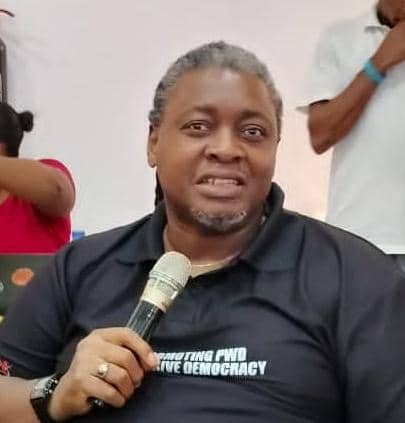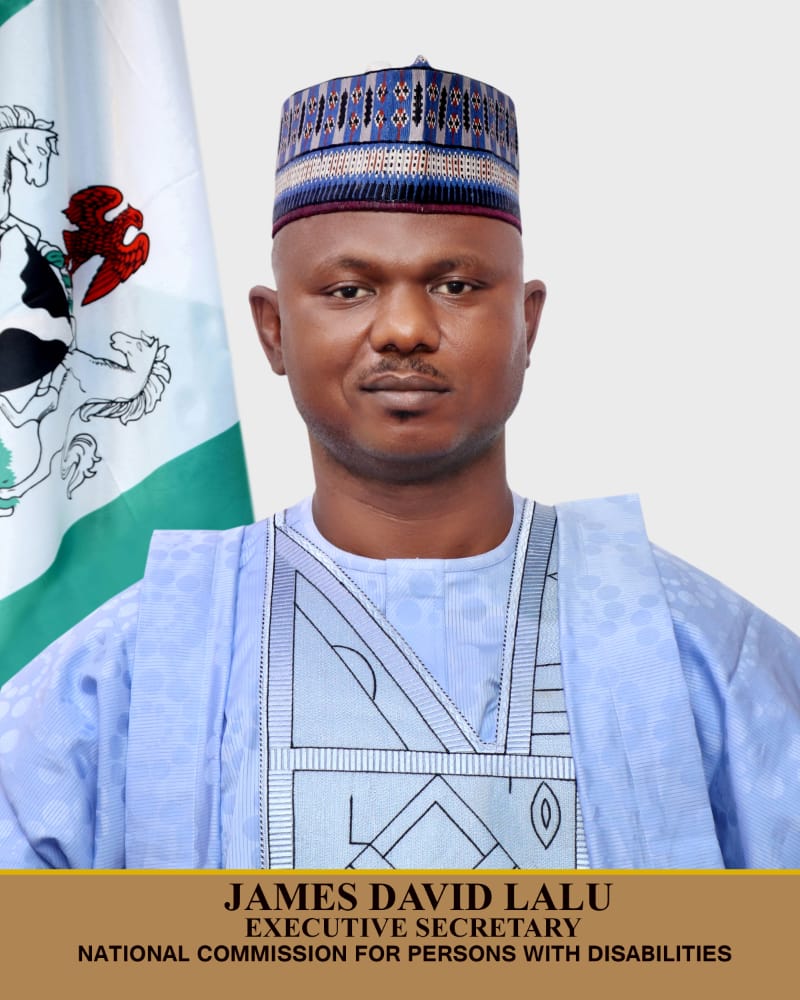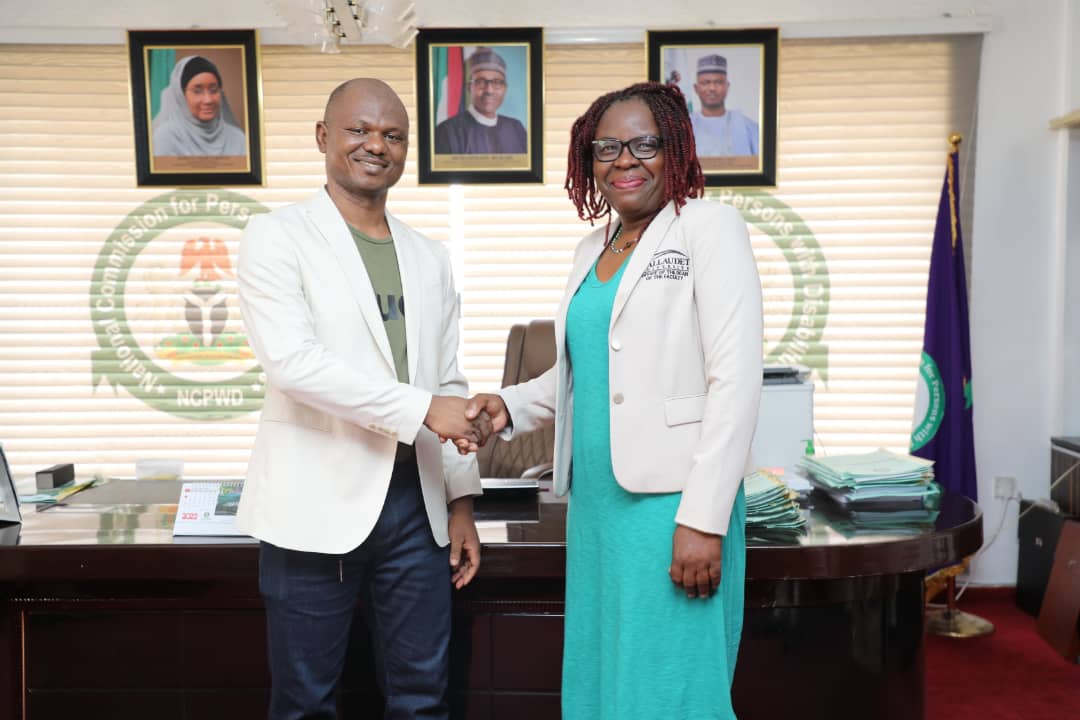***NOPP Project Champions Inclusive Politics for PWDs
The push for a more inclusive Nigerian democracy has intensified with the release of three groundbreaking reports by the Westminster Foundation for Democracy (WFD) and the Centre for Ability, Rehabilitation, and Empowerment (CARE NG), exposing the systemic exclusion of Persons with Disabilities (PWDs) from political participation.
Speaking at the public presentation of the reports in Abuja on Wednesday, WFD Country Director Adebowale Olorunmola emphasized that while Nigeria has made progress in recognizing disability rights, enforcement of the Discrimination Against Persons with Disabilities (Prohibition) Act, 2018 remains inconsistent and ineffective.

“The reality is that implementation has been slow, and political parties—key players in our democracy—have failed to create truly inclusive environments,” Olorunmola stated.
The reports—Minimum Standards for Inclusion of PWDs in Political Parties, PAGE Analysis of the Disability Act, and Accessibility Audit Research—reveal significant barriers preventing PWDs from participating fully in Nigeria’s political space.
The PAGE Analysis Report shows that while some states have domesticated and gazetted the Disability Act, many have yet to take action.
The absence of a functional Disability Commission in several states further hampers enforcement and accountability.
The Accessibility Audit Research Report presented alarming statistics with Only 22.4% of political party offices have accessible ramps, a mere 10.2% feature tactile signage, 55.1% of party websites and social media platforms remain inaccessible to PWDs and 80% of PWD candidates report facing discrimination during electoral campaigns.
“These numbers are unacceptable in a democracy that claims to uphold equal participation,” Olorunmola asserted. “PWDs continue to face systemic barriers that render them invisible in political spaces.”
The Minimum Standards Report outlines 14 essential guidelines for political parties to adopt in order to foster inclusivity. These include conducting accessibility audits for political party offices, ensuring sign language interpreters at political events, implementing quotas to increase PWD representation in party leadership and creating accessible digital platforms for engagement.
With backing from the Inter-Party Advisory Council (IPAC), the House of Representatives Committee on Disability, and the National Commission for Persons with Disabilities (NCPWD), WFD and CARE NG are calling for the immediate adoption of these standards.
“This is not just about policy discussions—it’s about action,” Olorunmola stressed. “We need political parties, government institutions, and civil society to commit to breaking these barriers.”
Speaking at the event, Dr. Chike Okogwu, Founder and Chief Responsibility Officer of CARE NG, emphasized the need for urgent action. “It is our collective responsibility to ensure that the rights of Persons with Disabilities are respected and protected,” he stated.
While unveiling the Nigerian Open Political Party (NOPP) Project, a groundbreaking initiative aimed at reshaping Nigeria’s political landscape to be more inclusive for PWDs, Okogwu highlighted critical accessibility gaps and called for full implementation of the Disability Act.
The project’s findings, detailed in three key reports, include:
Accessibility Audit of Political Party Offices in Nigeria – A comprehensive review of physical and systemic barriers preventing PWDs from active political participation.
PAGE (Passed, Assented, Gazetted, and Executed) Analysis of the Disability Act – An evaluation of the Act’s enforcement, identifying progress and areas needing improvement.
Minimum Standards for PWD Participation in Politics – Clear benchmarks designed to ensure equitable representation of PWDs in governance.
The NOPP Project serves as a rallying cry for policymakers, political parties, and stakeholders to dismantle barriers and create a truly inclusive democracy for all Nigerians.




